Quercetin
- Quercetin | 90 capsules á 500 mg
- Natural quercetin with 500 mg active ingredient per capsule
- Important secondary plant substance
- Good bioavailability and tolerability
- Pure substance without auxiliary substances and additives
- Only vegan capsule shells: 100% free of carrageenan and PEG
- Plastic free packaging
22,90 €
incl. 7% VAT
plus shipping costs

In 2-3 working days with you!
Free shipping to DE & AT from 50 €

Made with Love in Austria
Take a little trip to ...
Quercetin

Premium quality quercetin
Sanutrition Quercetin contains high-dose quercetin derived from 100%
natural source: pure premium flower extract from the flowers
of the Japanese cord tree (Sophora japonica)
Quercetin – the king among flavonoids
Quercetin is a natural yellow pigment belonging to flavonoids and polyphenols.
It is extracted from the flowers and buds of the Japanese string tree. Flavonoids
belong to the polyphenols and are valuable plant constituents that are the focus of research.
Quercetin, in addition to its antioxidant potential, is also believed to play a role in anti-aging processes,
in situations of stress and fatigue and the health of the respiratory and immune systems attributed.
CONTENTS
Ingredients:
Quercetin, vegan capsule shell (hydroxypropylmethylcellulose).
| Ingredients per daily dose (1 capsule) | % NRV* | |
| Quercetin | 500 mg | -** |
* the nutrient reference quantity
** no reference available
Sustainable packaging
Our high quality micronutrient product in pure form comes in recyclable packaging without plastic.
![]()
OUR PHILOSOPHY
NATURAL. IN. SUSTAINABLE
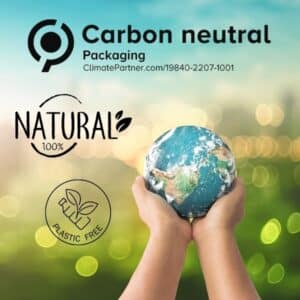
- Premium active ingredients as pure substances
- Sourced directly from the most reputable raw material suppliers in the world
- Avoidance of any synthetic additives
- If additives, only valuable natural substances
- Voluntary declaration also of substances that do not have to be declared
- Maximum avoidance of chem. Solvent for extracts
- Exclusive custom made for purity and quality
- Production in AT and EU (HACCP, GMP)
- Only vegan capsule shells: 100% free of carrageenan and PEG
- Sustainable packaging made of climate-neutral paper, no plastic, no aluminum, no energy-intensive glass
All products 100% without: magnesium stearate, silicon dioxide, nanoparticles (without legal exceptions), genetic engineering, artificial colors and flavors, titanium dioxide, added sugars & sweeteners.

At Sanutrition, we focus on products that help you lead a
healthy and happy life
and at the same time be in harmony with nature. We have concentrated on the development, production and marketing of
Premium micronutrient preparations
focused. From all regions of the world, we seek out outstanding foods and valuable botanicals that help you promote and maintain health and vitality naturally. All preparations are produced in manufactory standard according to the Pure substance principle – completely without artificial colorants, flavor enhancers, coating and separating agents in Austria and exported throughout Europe.
With the world’s first
Paper can for supplements
we set new standards in the field of sustainable, climate-neutral packaging. Our developments & productions meet the highest demands in terms of naturalness, purity and quality. We pursue this ideal at all levels, with meticulous love, down to the smallest detail.
Additional information
Quercetin, flavonoid
Occurrence in food
The flavonoid quercetin belongs to the group of polyphenols and occurs naturally as a yellow plant pigment, mostly as a glycoside (e.g. in the form of rutin). Particularly high contents are found in some apple varieties, onions, parsley, sage, ginkgo biloba, but also in real buckwheat (tea), green tea, black tea, grapes, dark cherries and berries. Since quercetin is mainly found in the skin of the fruit, the content is higher in red wine than in white wine.
Quercetin – the “king of bioflavonoids
As a secondary plant substance, quercetin has strong antioxidant properties and is considered the most effective antioxidant in the flavonoid substance class. This would put quercetin even above anthocyanins from grapes (OPC) and catechins from green tea (1). It is these antioxidant capacities that make quercetin interesting for human health, as they act as an effective free radical scavenger in the human organism after absorption through the digestive tract (2). Because free radicals are closely linked to numerous pathological processes (e.g., inflammatory responses) in the body, reducing the body’s oxidative burden can have a positive impact on health (3)(4). In basic experiments, it was found that quercetin probably positively influences the antioxidant system in several ways at once:
– direct neutralization of free radicals and thus reduction of oxidative stress load
– Ability to bind reactive metal ions and thus prevent the formation of further oxygen radicals
– Suppression of oxidation of LDL and thus lipid peroxidation.
– Stimulation of glutathione production and consequent improvement of the body’s antioxidant defenses
– Stimulation of antioxidant enzymes to strengthen activity (1).
Quercetin acts as a vitamin saver
The bioflavonoid quercetin has an antioxidant effect towards vitamin C, which means that it recycles oxidized vitamin C and therefore acts as a “vitamin saver” and “vitamin enhancer” (5). In nature, quercetin occurs mostly as a glycoside. The most common source of quercetin is rutin, where it is glycosylated with the sugar rutinose. Through their antioxidant abilities, bioflavonoids also have anticarcinogenic, immunostimulatory (6), and anti-edematous effects.
Antiviral properties of quercetin
Clinical studies show that taking quercetin can relieve the symptoms of respiratory diseases. The immunomodularotic and anti-inflammatory effects of quercetin are probably responsible, at least in part, for this effect (19)(20). In addition, quercetin has antiviral properties, which are achieved by stabilizing the transcription factor NRF2 (21). This leads to the stimulation of endogenous antioxidant and antiviral metabolic processes that counteract viral replication. By decreasing the activity of NRF2 with older age and in the presence of various metabolic diseases such as diabetes, quercetin support is particularly promising in these cases (22). Another antiviral mechanism is opened up by the ionophoric (“ion-carrying”) properties of quercetin, which are discussed particularly in relation to the disease COVID-19. Basic experiments show that zinc ions can inhibit replication of the novel coronavirus. Quercetin provides transport of zinc ions into the cell as an ionophore (23).
General revenue mode
Quercetin should be taken with a meal
References:
Micronutrient Coach® – The great BIOGENA compendium of nutrients. 4th ed. Publishing House of Physicians, Editors: Dr. Christina Schmidbauer and Georg Hofstätter MSc.
Related products
-
Herbal active ingredients & vital substances
Omega-3 from algae oil
22,90 €incl. 7% VAT
plus shipping costs
-
Herbal active ingredients & vital substances
Ubiquinol 200 mg
43,90 €39,90 €incl. 7% VAT
plus shipping costs
-
Herbal active ingredients & vital substances
R-alpha lipoic acid
27,90 €incl. 7% VAT
plus shipping costs

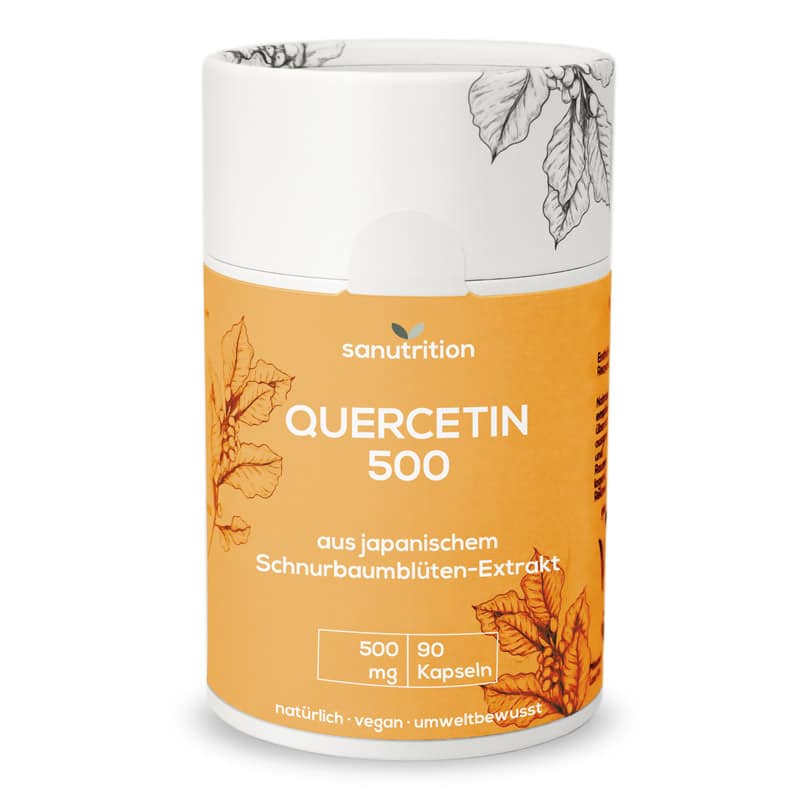


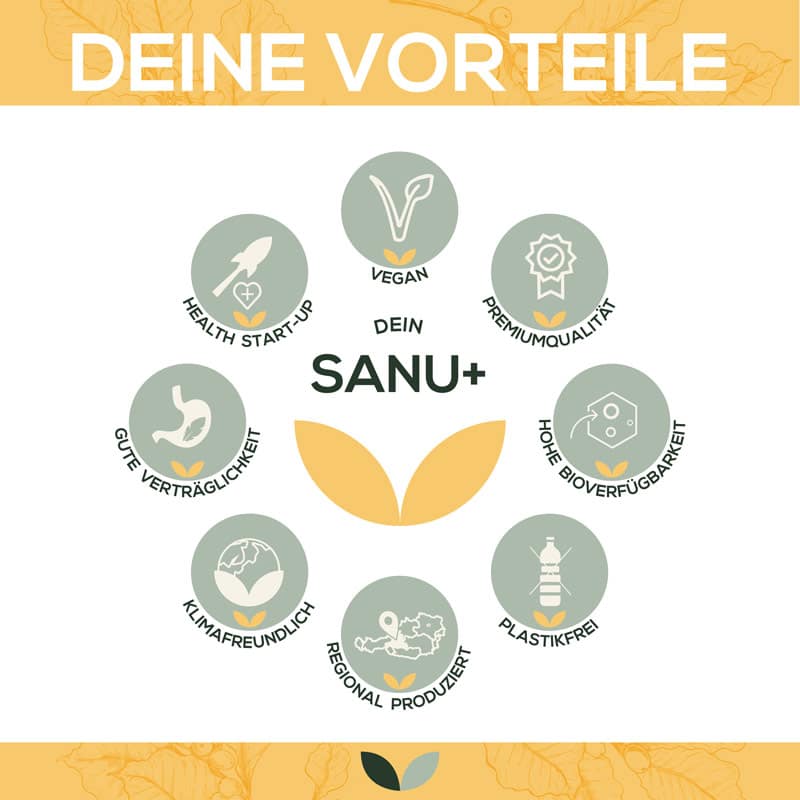
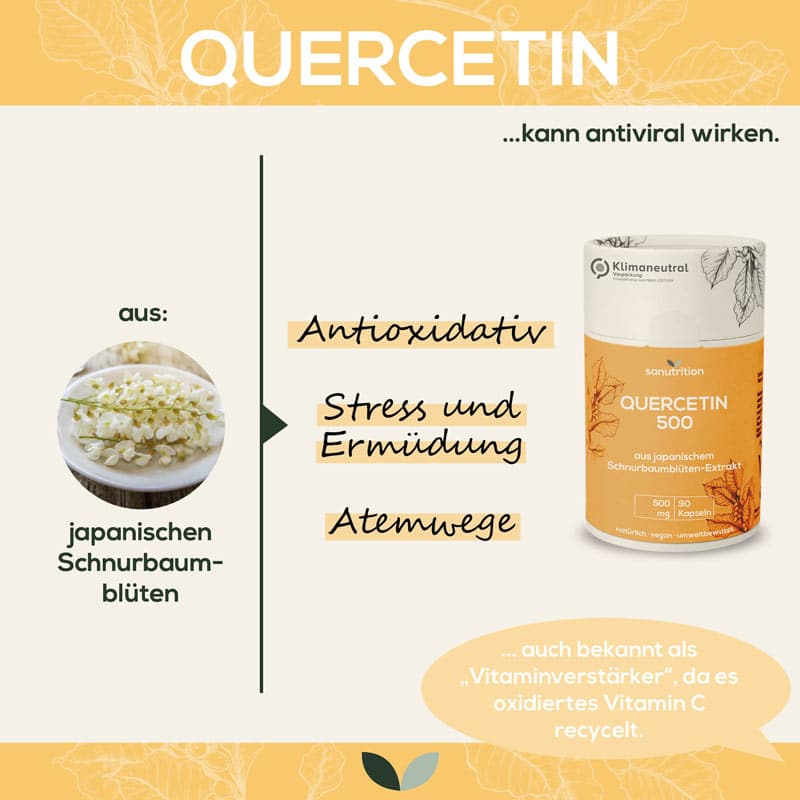
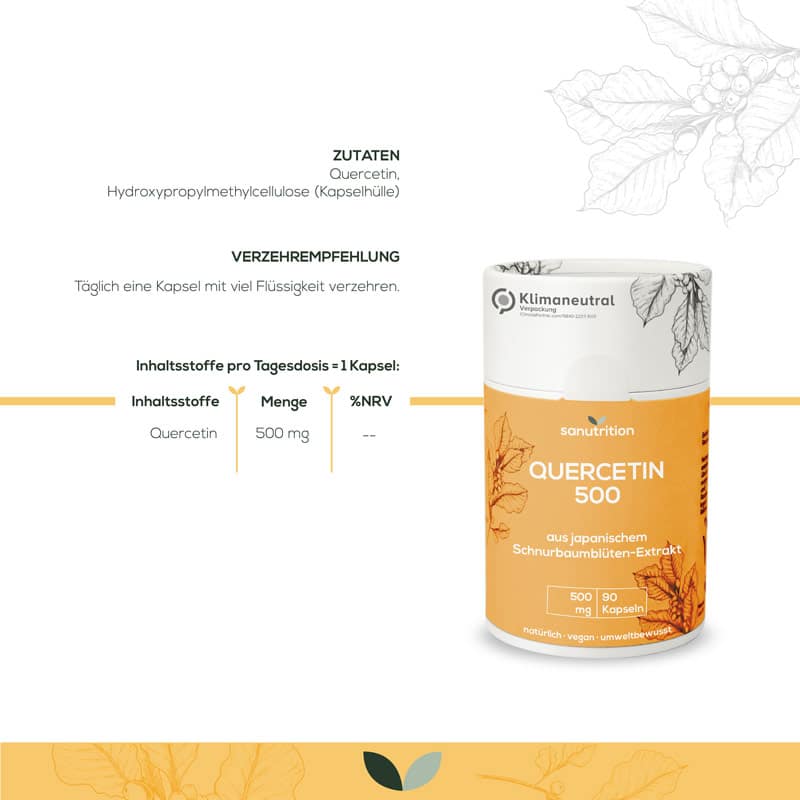
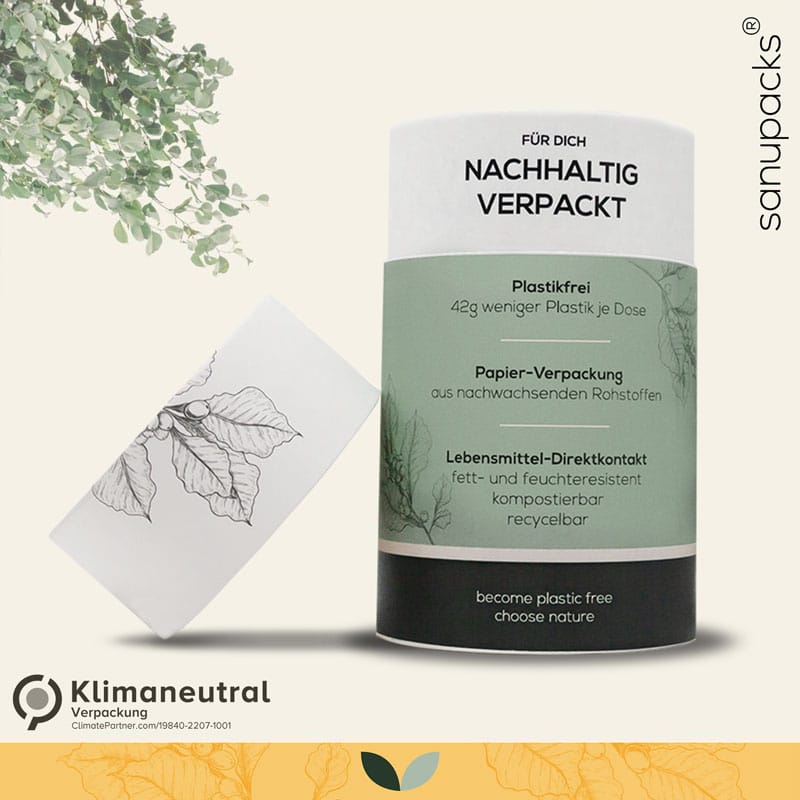
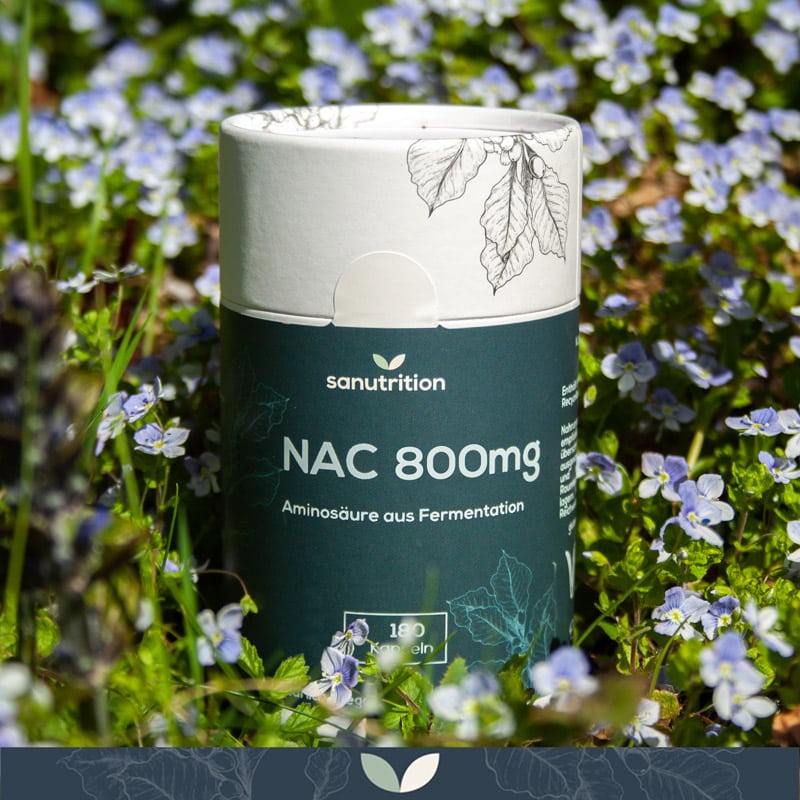
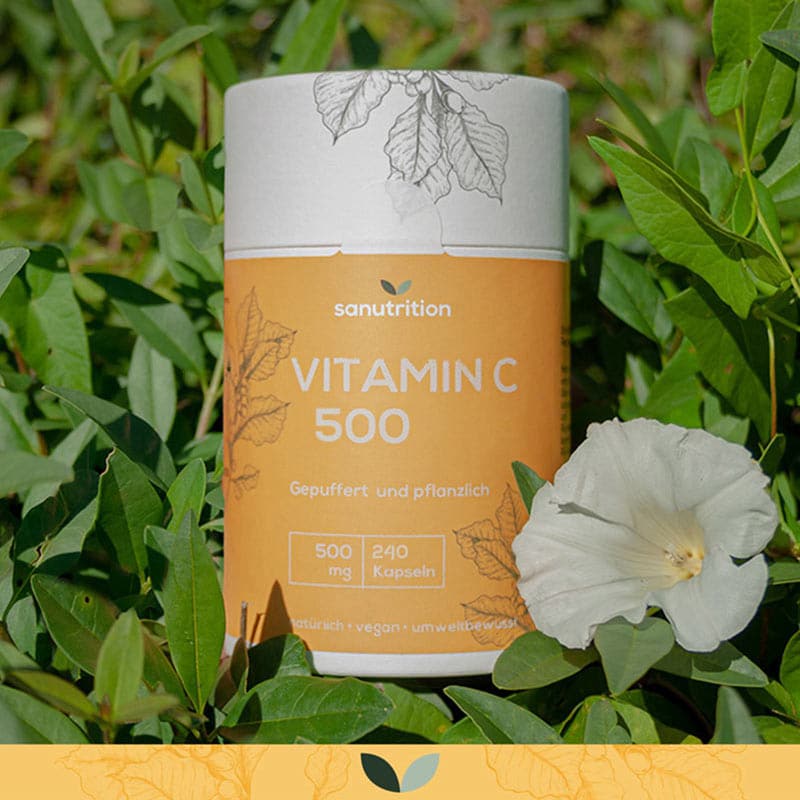
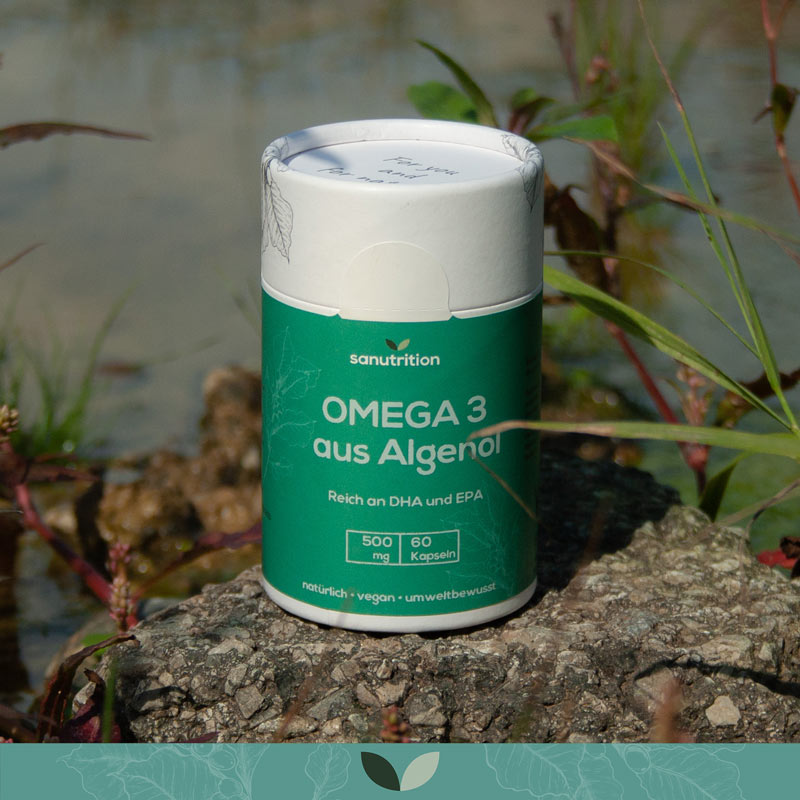
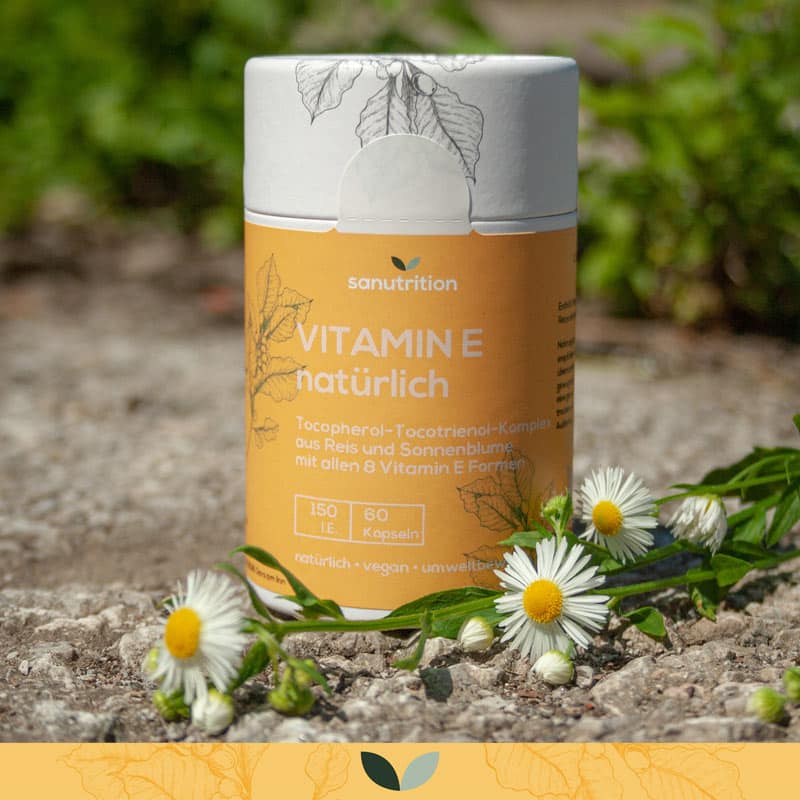

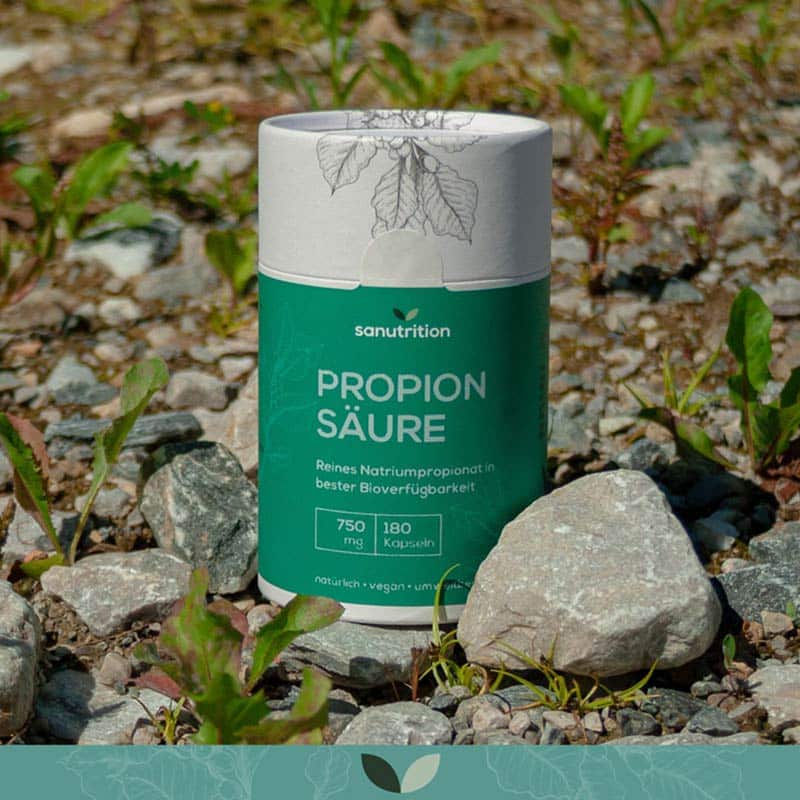
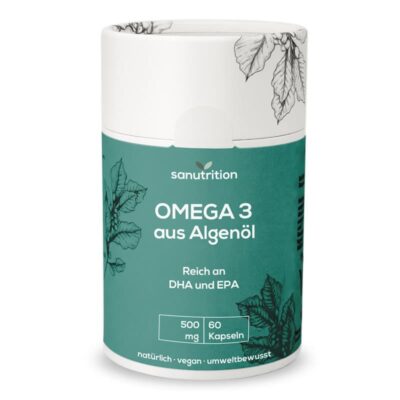

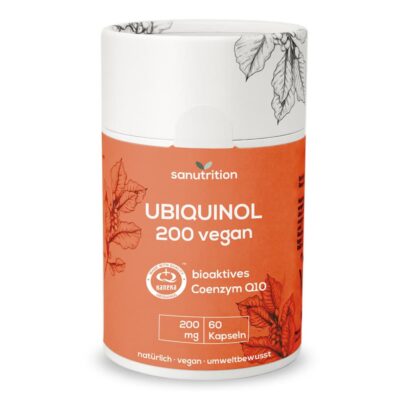
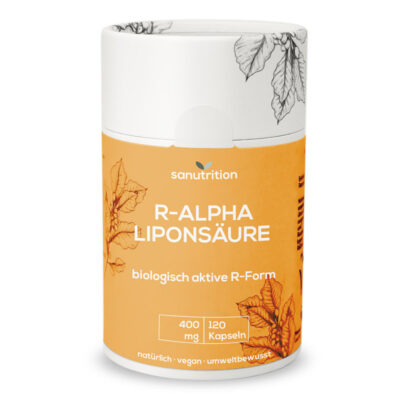

Reviews
There are no reviews yet.